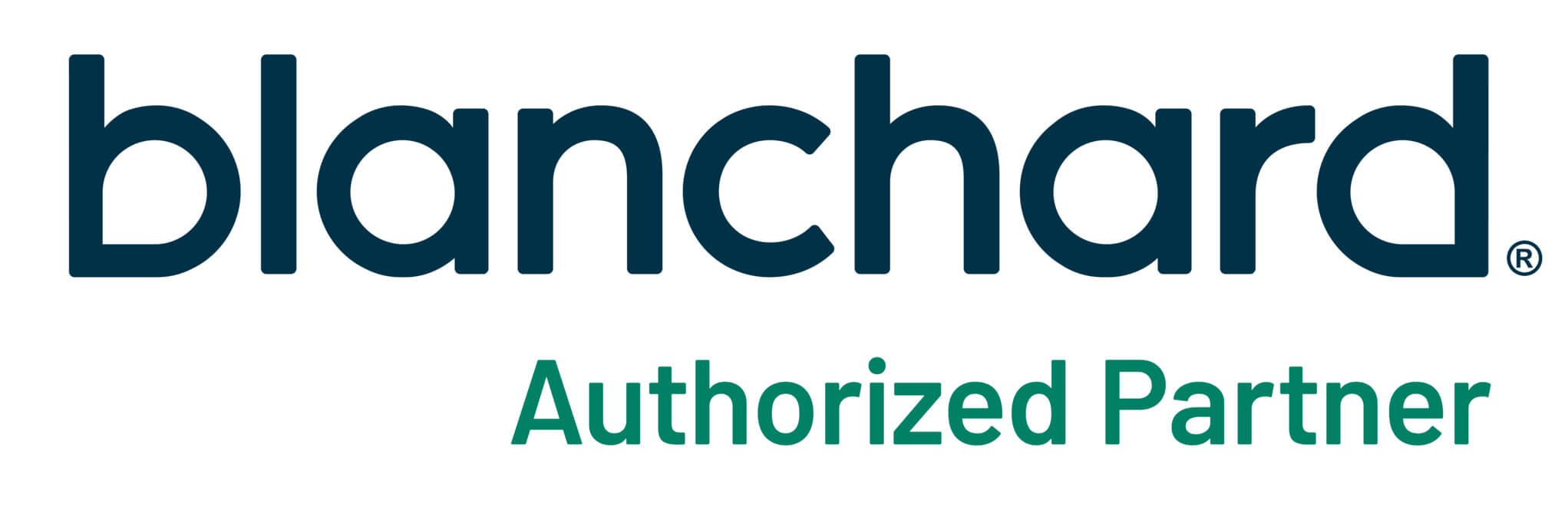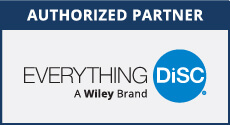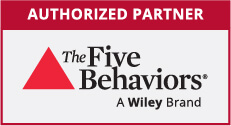
In today’s fast-paced world, being a competent leader isn’t enough—you need to stand out, inspire change, and lead with unwavering impact. This realization hit Lisa, a mid-level manager, when her boss pointed out that merely being good wouldn't propel her to the next level. By shifting her mindset and embracing confidence, strategic thinking, and a refined executive presence, Lisa transformed into an influential leader, earning a promotion and recognition for driving real change.
The playbook for unstoppable leadership involves several key elements. First, adopting a growth mindset helps you see challenges as opportunities, fueling continued learning and resilience. Mastering emotional intelligence and honing communication skills are vital; they help build trust and ensure your vision is compelling and clear enough to earn buy-in from your team.

Leadership is a dynamic journey, shaped by both triumphs and setbacks. A crucial yet often overlooked tool in a leader’s toolkit is the practice of reflection, which allows leaders to gain insights, clarify intentions, and prepare for future challenges. This blog post explores how reflecting on past experiences strengthens leadership by building self-awareness, enhancing decision-making, strengthening relationships, and aligning actions with core values.
The article introduces five essential reflection questions that can guide leaders in their personal and professional growth. These questions prompt leaders to identify lessons learned, assess their impact on their team, evaluate how challenges were handled, ensure alignment of actions with values, and plan actionable changes for the future. By integrating these reflection practices into their routine, leaders can foster not only their own development but also cultivate a thriving and resilient team environment.
Making reflection a habit involves setting aside dedicated time, creating a conducive reflection space, and utilizing structured prompts to guide the process. The ripple effects extend to improved communication, decision-making, and a cohesive organizational culture. Ultimately, reflection empowers leaders to navigate their journeys with greater clarity, resilience, and intentionality, leading with a deeper sense of purpose.
Read more...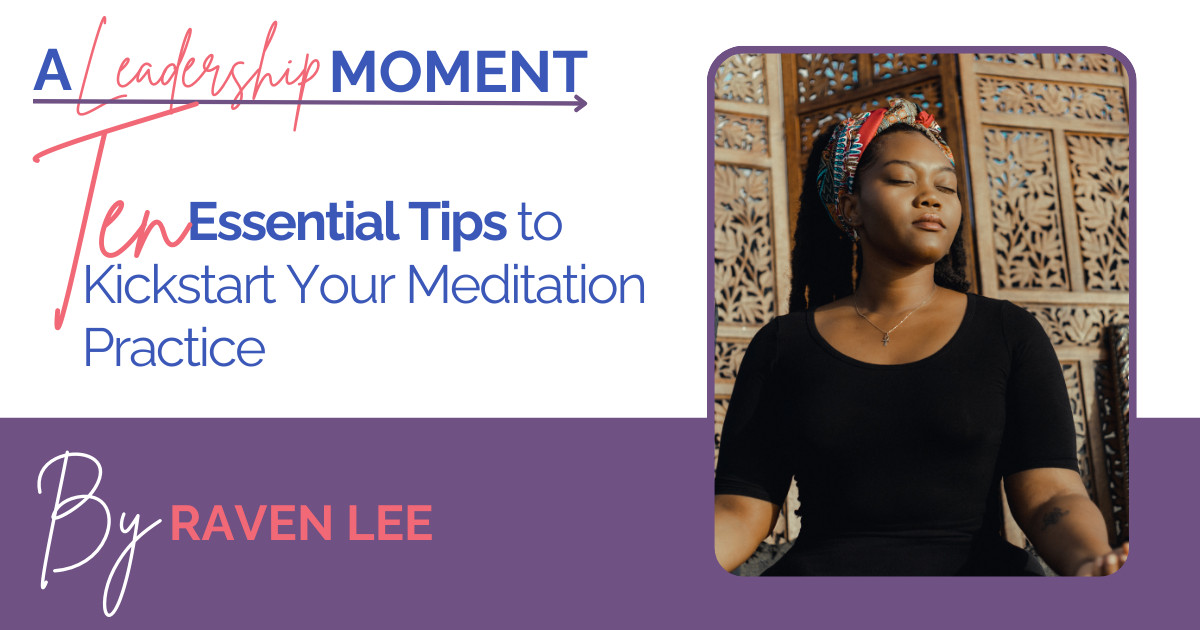
Embarking on a meditation practice can seem challenging, but by following some straightforward guidelines, you can easily establish a routine that not only calms your mind but also enhances your leadership effectiveness. Meditation nurtures your capacity to be present, focused, and resilient—qualities that are integral to intentional leadership. By focusing on posture, breath, and gradually building your practice, meditation becomes a transformative tool for leaders aiming to engage more fully and make thoughtful decisions.
Proper posture encourages not just physical alignment but mental clarity, preparing you to meet challenges or make pivotal decisions with focus and presence. Begin your practice slowly by meditating for just a few minutes, as this incremental approach mirrors how intentional steps in leadership often lead to significant outcomes. Focusing on your breath is a crucial technique, as it anchors you in the present, enhancing your ability to respond thoughtfully rather than react impulsively as a leader.
To optimize your meditation sessions, consider setting a timer to devote your full attention to the practice without the distraction of timekeeping. The use of breath counting can help maintain focus amid distractions, similar to staying aligned with leadership goals amidst daily demands. Additionally, embrace patience and consistency in your practice, understanding that both meditation and leadership are journeys that develop with time and intentional effort, ultimately supporting you in leading with calm, clarity, and adaptability.
Read more...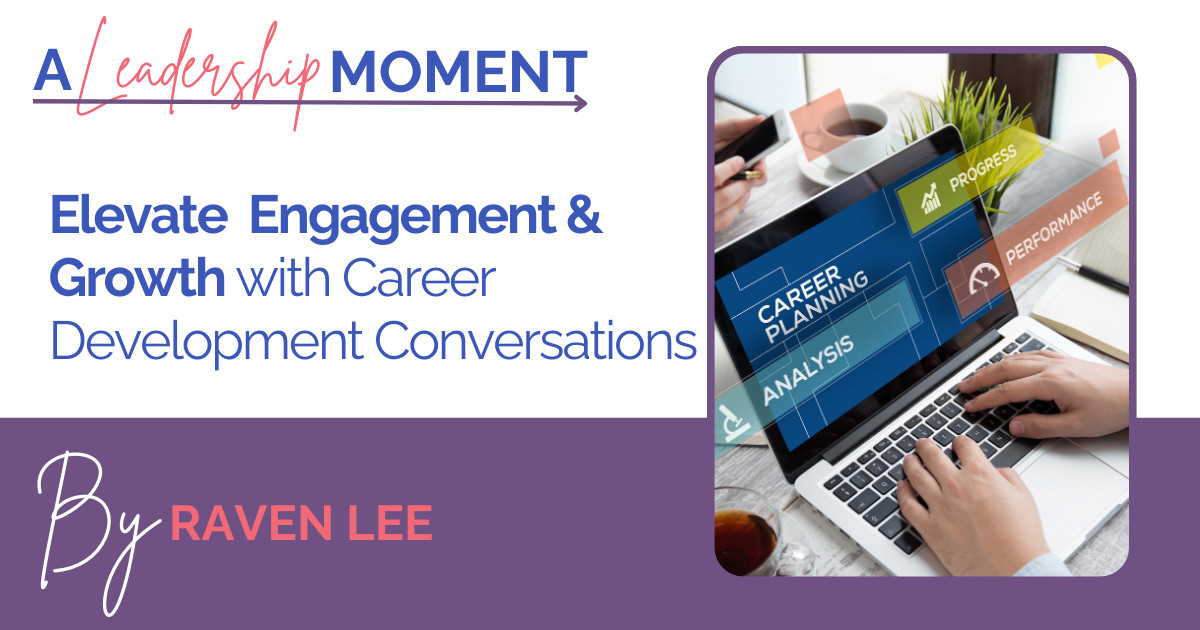
Employee engagement is crucial for retention and organizational success, and can be effectively nurtured through regular, structured career development conversations. A simple framework of four key conversations—Explore, Align, Develop, and Performance—can help leaders connect with their team members, understand their aspirations, and align them with the company’s mission. By integrating these discussions into regular meeting schedules, leaders can foster a culture of engagement and growth while putting these tasks on autopilot.
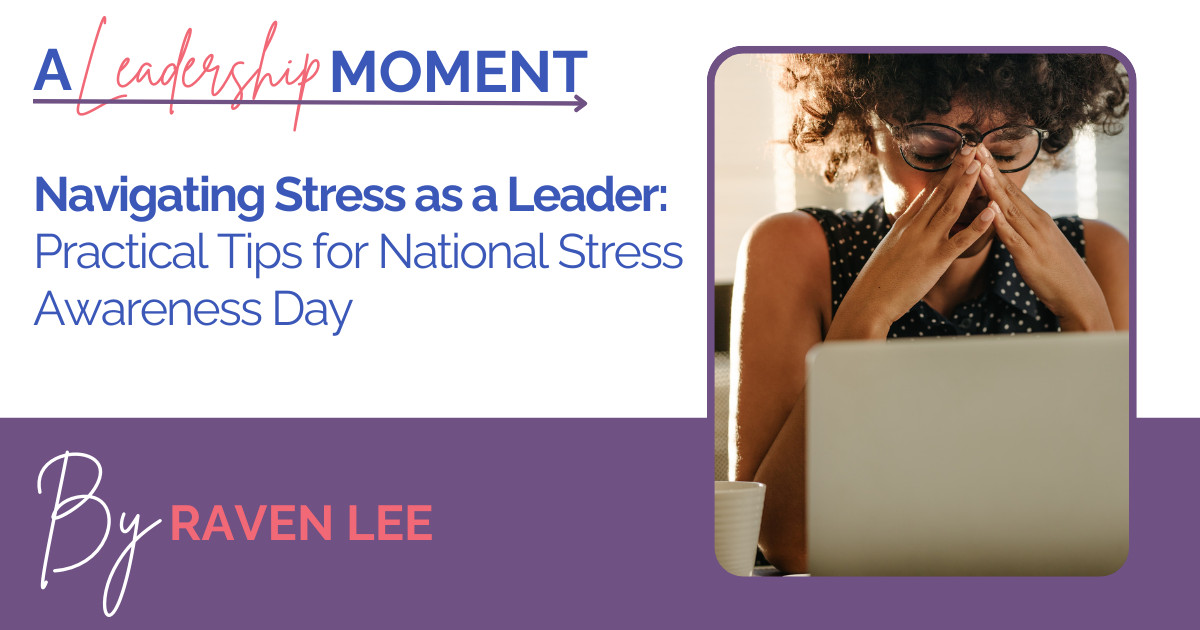
On National Stress Awareness Day, leaders are reminded to take stock of stress's impact on themselves and those around them. Recognizing stress as an inherent part of leadership is crucial, as it often accompanies challenges and growth. Instead of aiming to eliminate stress, leaders should focus on managing it to maintain focus and intention.
Prioritizing self-care is essential for effective leadership, where simple practices like regular breaks, enough sleep, and a balanced diet enhance mental clarity and energy. Setting clear boundaries is also vital in protecting one's energy, creating a work culture that values rest and rejuvenation, particularly in demanding roles or remote work settings. Communicating these boundaries with your team can foster an environment that normalizes self-care.
Leverage emotional intelligence to understand stress triggers and reactions. High EQ allows leaders to manage stress with empathy and composure, and techniques such as mindfulness enhance self-awareness. Additionally, by empowering team members and delegating tasks, leaders can reduce their own stress load while boosting team competence and confidence, ultimately creating a supportive work atmosphere.
Read more...
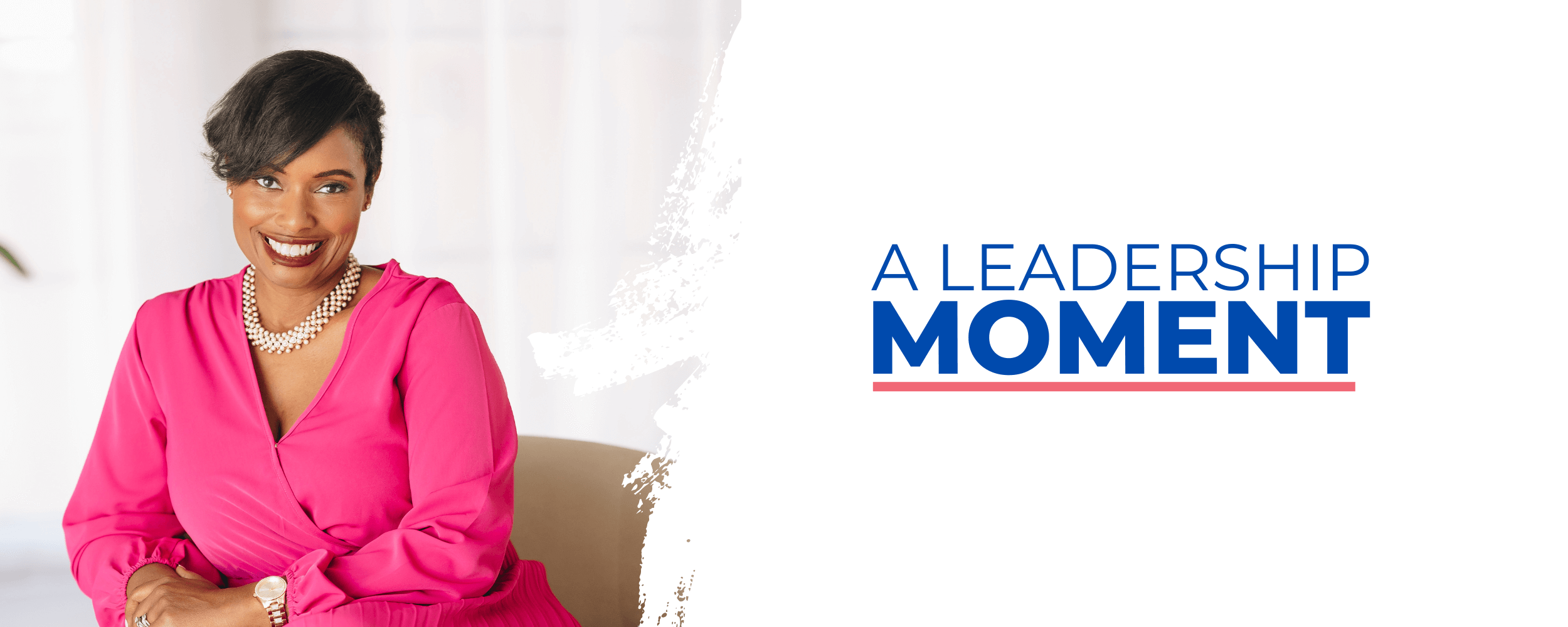
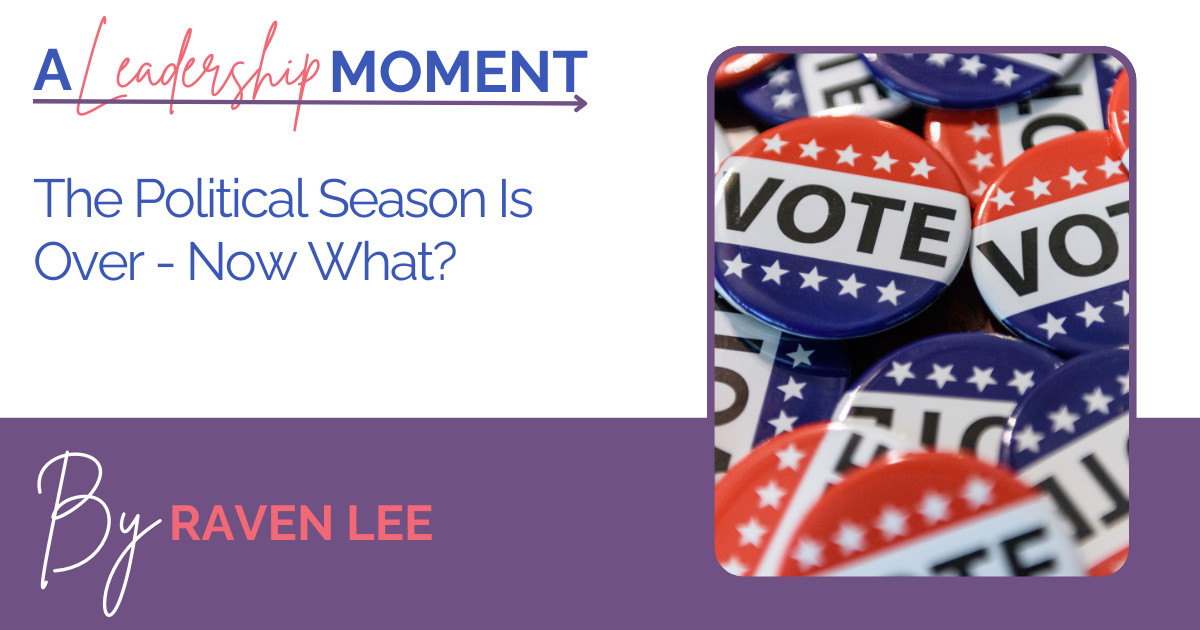
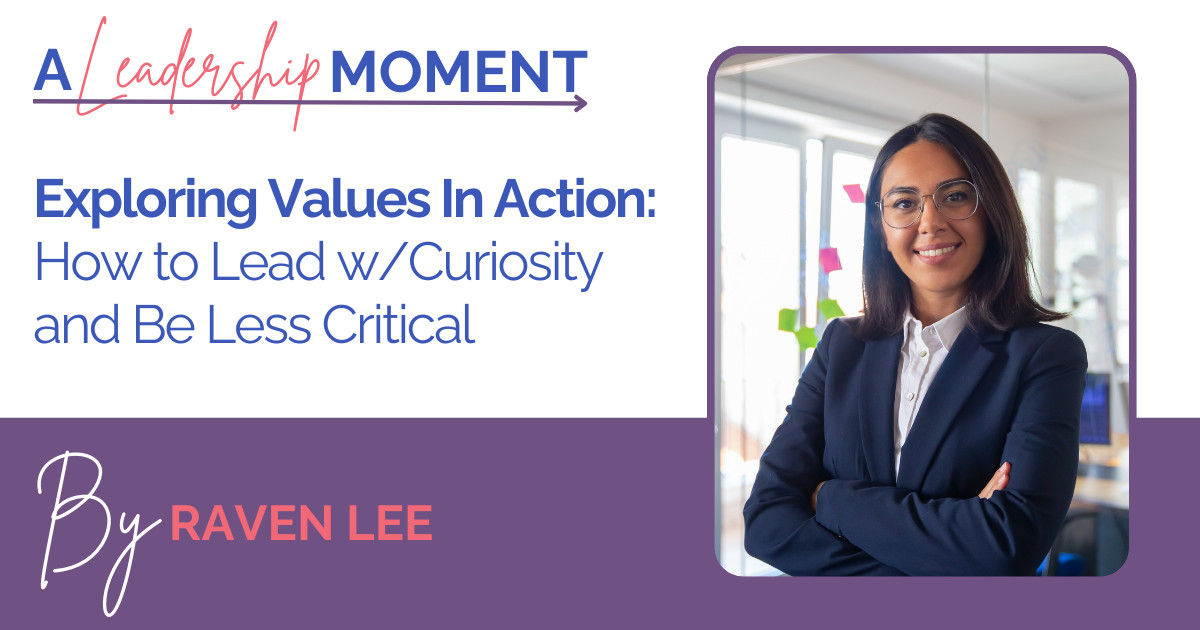
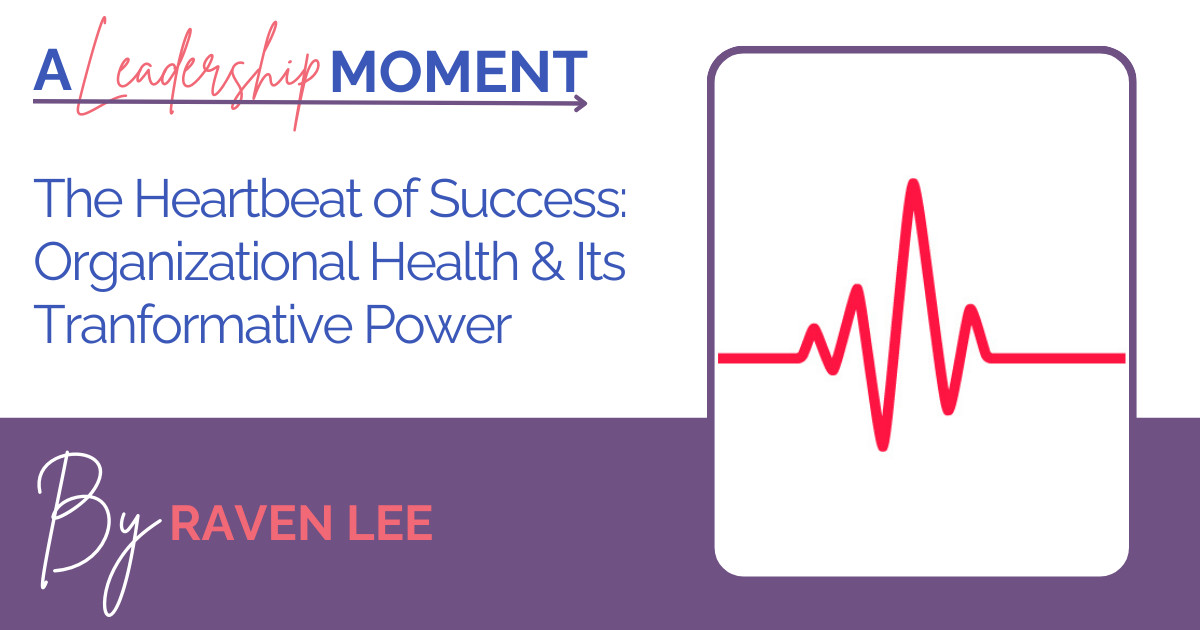
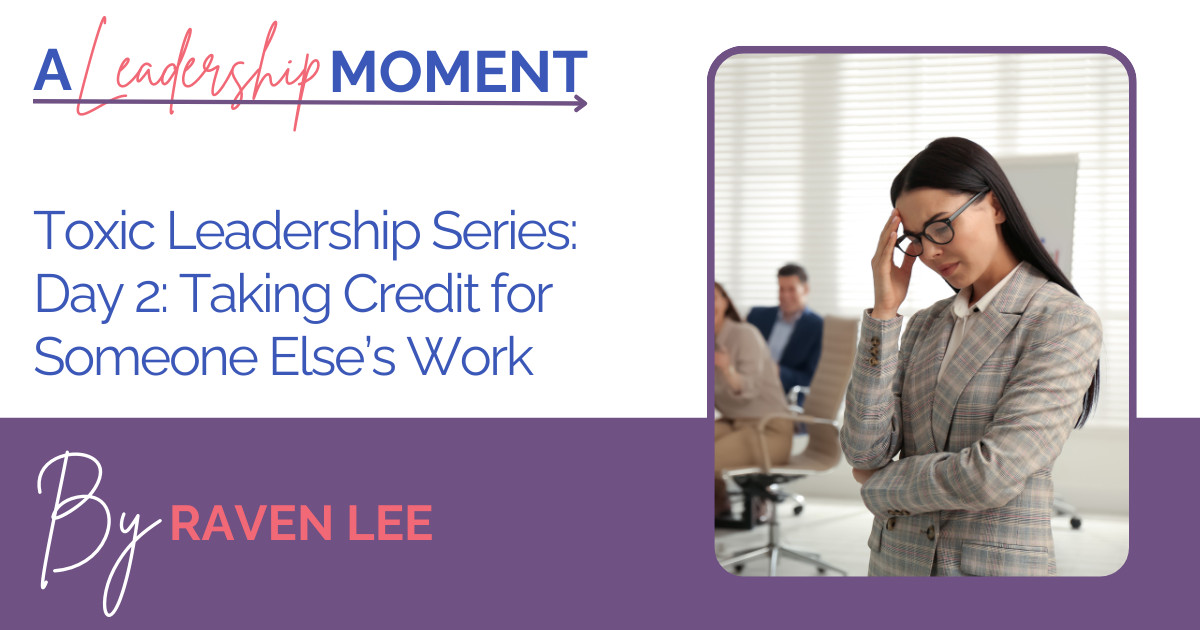
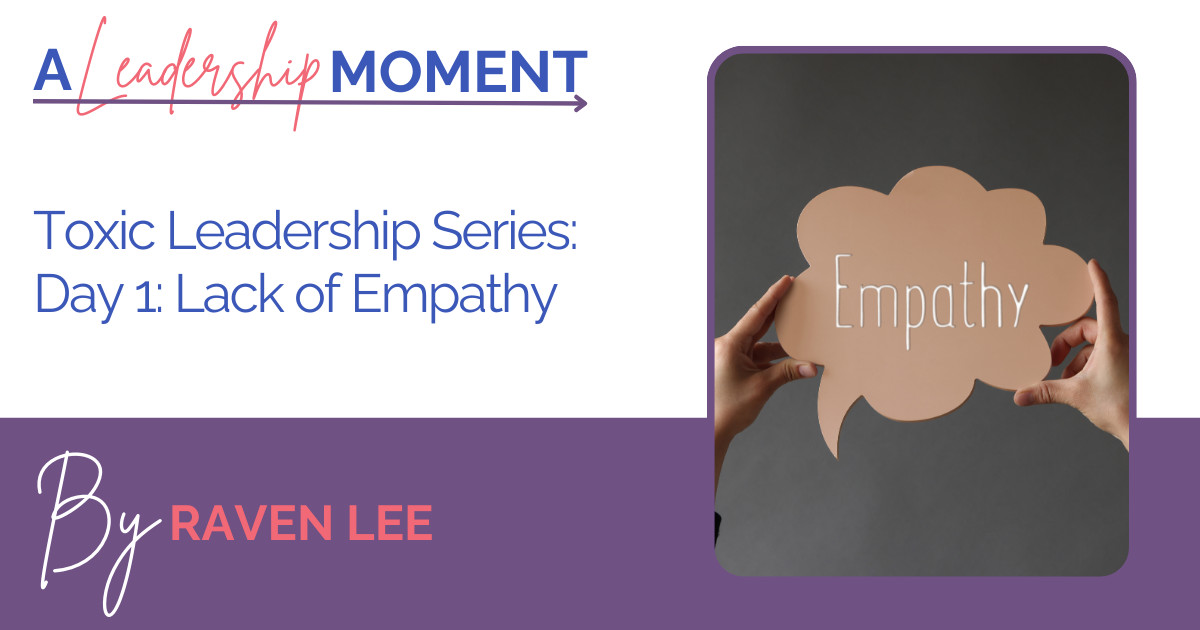

 I
I
